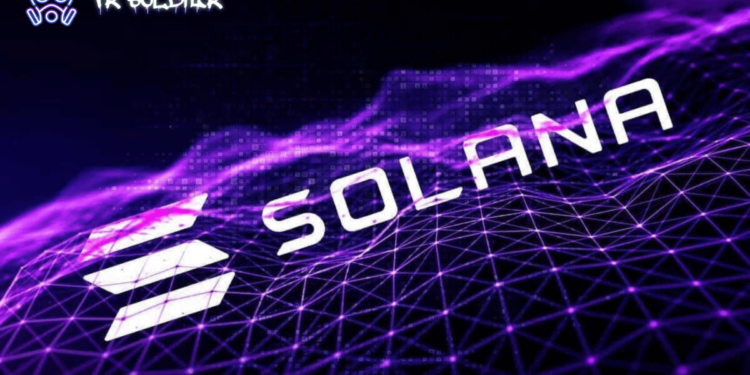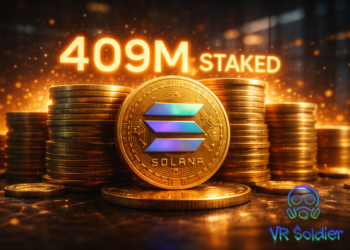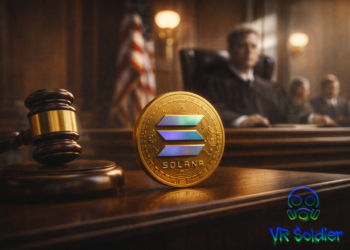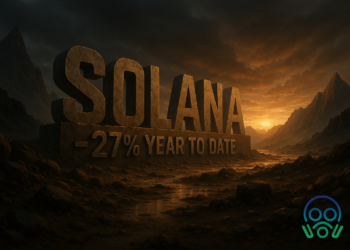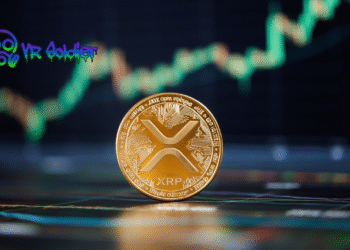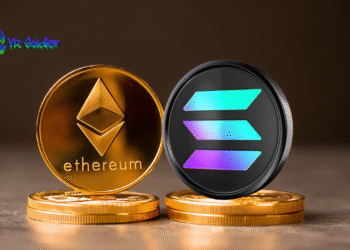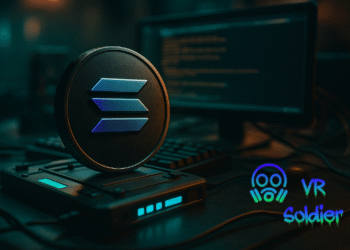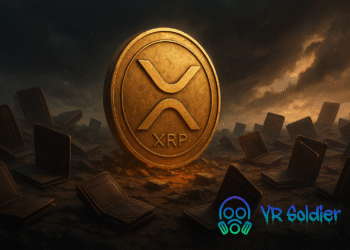The Solana blockchain, well-known for its high transaction throughput and low fees, has recently been facing problems with network congestion and transaction errors, which have led to launch delays of new projects and a less than optimal user experience. These problems, therefore, have led to the Solana development team working on the technical issues that they are hoping to resolve by April 15, so that the network runs smoothly.
Solana Network Congestion and Transaction Errors
Solana congestion has become a major problem for many new project launches, particularly those centering around token offering. This time gap demonstrates the careful approach of developers and teams, where they put the stability and reliability of their projects ahead of all else. The well-known projects Suit Up, DuckCoin, and Surge Finance are not going to initiate despite the fact that Solana’s network congestion issues have not been resolved.
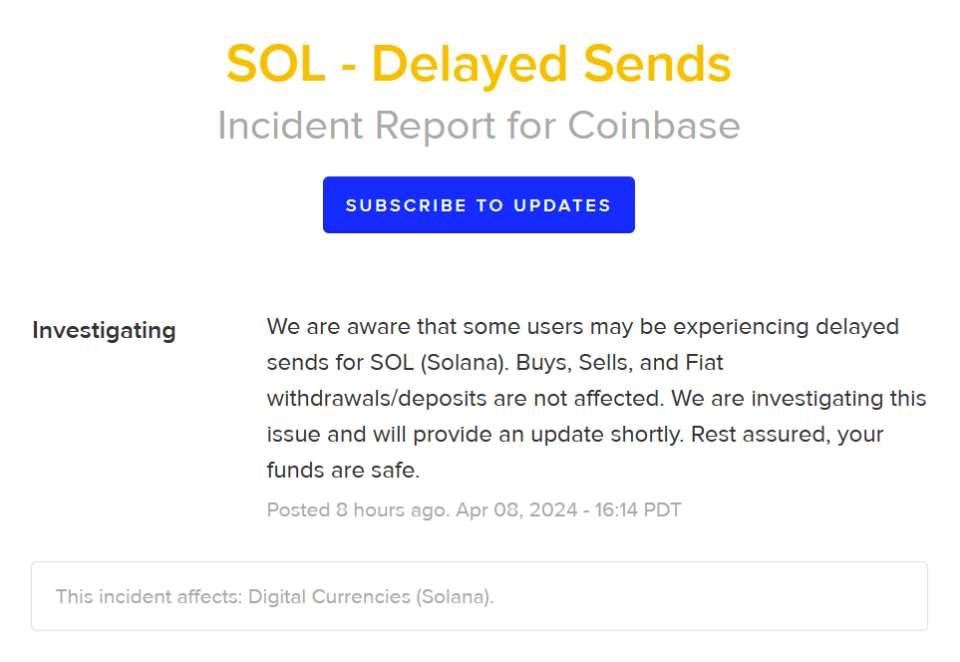
Solana co-founder Raj Gokal, has indicated that the core of Solana’s technology remains laudable, as the network’s scalability is not the main cause of the transaction failures. It is worthwhile to point out this difference because it shows that the Solana infrastructure can work with significant transactions at once, but it can have temporary issues when there are too many transactions or technical problems.
lates update on @solana network congestion and upcoming fixes. https://t.co/E2QhyIw8iu
— raj 🖤 (@rajgokal) April 5, 2024
Initial investigations pointed to issues around QUIC implementation, a general-purpose transport layer network protocol, as the root cause. The developers said: “Anza engineers, with other core contributors, have been working around the clock to diagnose and remedy bottlenecks and increase network performance. Expect more improvements and changes to roll out over the coming months.”
The Founder of the Fantom Supports Solana
Despite the worries over transaction failure, Andre Cronje (the founder of the Fantom network) has shown his support to Solana. He also explained the role of rapid ecosystem development in network performance. Cronje’s viewpoint highlights that the present issues of Solana are more a result of the inability to handle the unkown scale of demand rather than the issues in the consensus mechanism itself.
The most recent social media wave of outrage from Solana users is an exemplary demonstration of the negative effects of failed transactions and a degraded user experience. On the bright side, this also shows the community’s involvement and expectations, which in return will require the development teams to work on the issues as fast and as transparent as possible.
At The End
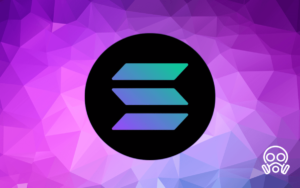
The fact that Solana blockchain is faced with temporary network congestion and transaction errors has increased the ecosystem’s resilience, and the determination to fix these problems is evident. Effective partnerships with developers, validators, and community members are instrumental in ensuring that Solana continues to be a leading blockchain platform distinguished for its scalability, speed, and innovative features. Users and investors are likely to expect a never-ending improvement cycle through which the technical teams will be implementing long-term solutions to the network issues.

